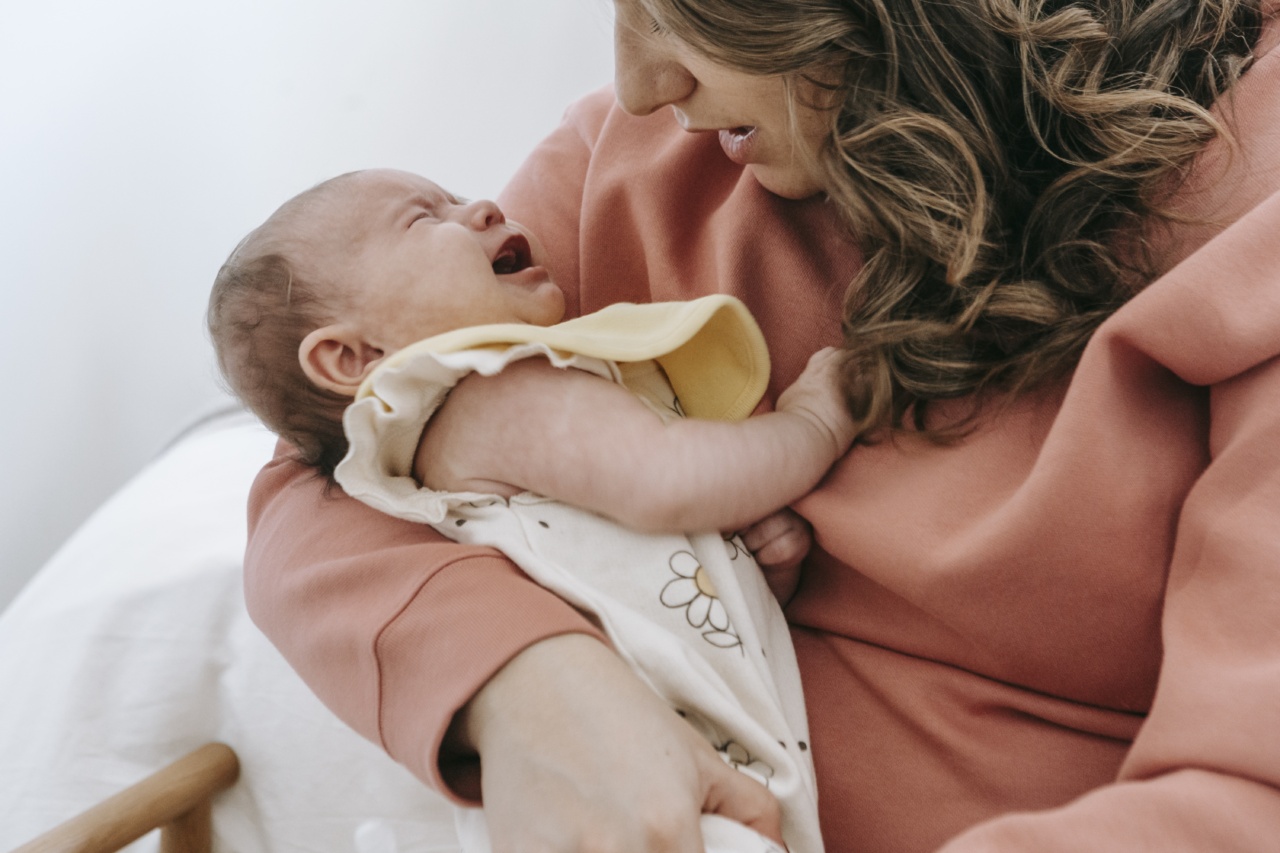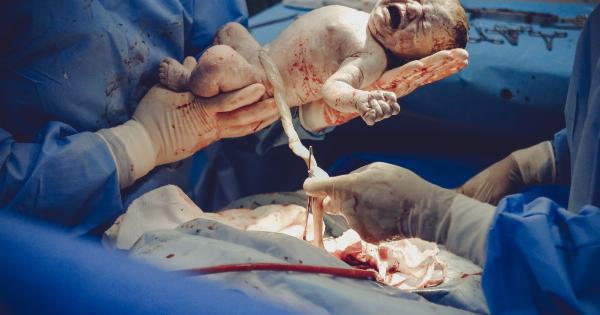It is a common belief that all newborn babies cry immediately after delivery. This notion has been fueled by movies and media where babies are shown crying as soon as they are born.
However, is it true that all babies cry immediately after birth? Let’s explore this question in more detail.
Why do babies cry?
Crying is a natural way for babies to communicate. In fact, it is their primary means of communication as they are not yet able to speak. When a baby cries, it can mean many things.
They may be hungry, tired, in pain or discomfort, need a diaper change, or simply seeking attention. It is important for parents and caregivers to learn to recognize their baby’s cries and respond accordingly.
What happens when a baby is born?
In a normal delivery, a baby is born headfirst and usually faces upwards. Once the baby’s head is out, the body follows quickly. The baby’s umbilical cord is then cut, and they are placed on their mother’s chest for skin-to-skin contact.
This is known as the golden hour and is vital for bonding between mother and baby. During this time, the baby is usually quiet and alert, looking around and taking in their new surroundings.
Do all babies cry immediately after birth?
No, not all babies cry immediately after delivery. While it is common for babies to cry within the first few minutes of life, some may take longer to cry, or may not cry at all.
According to a study conducted by the American Academy of Pediatrics, approximately 8% of babies do not cry at birth.
Why do some babies not cry immediately?
There can be various reasons why some babies do not cry immediately after delivery. One reason could be that the amniotic fluid is still in their lungs, making it difficult for them to breathe.
This is more common in babies who are born prematurely or by cesarean section. In such cases, medical staff may use suction or other techniques to clear the baby’s airways and assist with breathing.
Another reason could be that the baby is in shock or distress. This may occur if the baby has experienced a difficult delivery or if their birth was complicated by other factors.
Medical staff will usually assess the baby’s condition and provide necessary interventions to ensure their safety and well-being.
Should parents be concerned if their baby does not cry immediately?
Parents should not be overly concerned if their baby does not cry immediately after delivery. Medical staff will be monitoring the baby carefully and taking appropriate actions if necessary.
However, if there is a prolonged delay in the baby crying or if there are other signs of distress, parents should speak to the medical staff and seek further advice.
Conclusion
In conclusion, while it is common for babies to cry immediately after delivery, not all babies do so. There can be various reasons for this, and medical staff will be equipped to manage any potential issues.
Parents should focus on bonding with their baby during the golden hour and learning to recognize their baby’s cries and needs.































